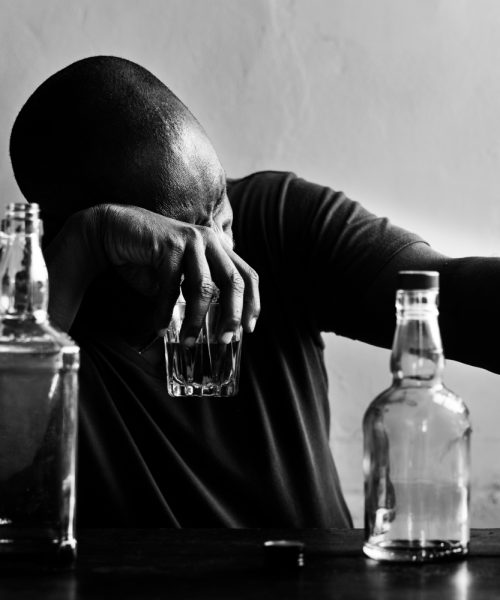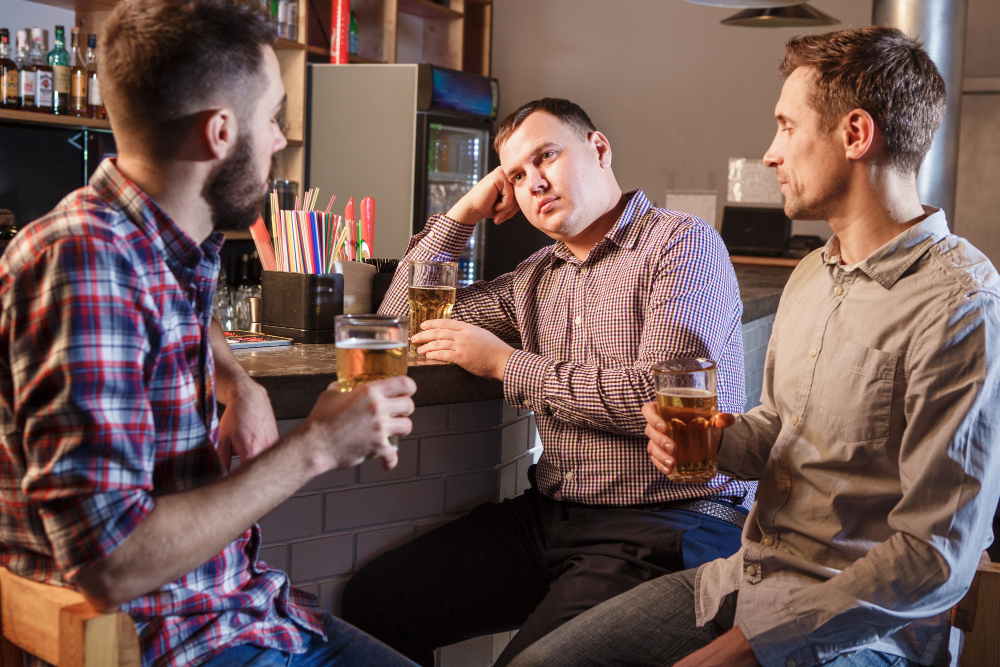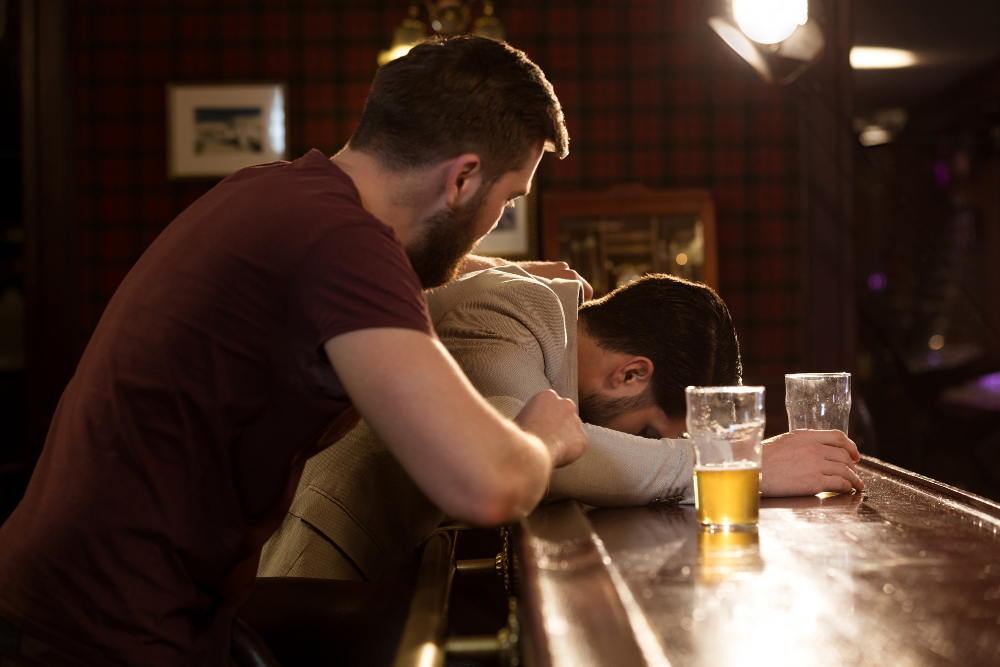What Are The Medications And Devices That Help Treat Drug Addiction?

Help to continue treatment.
treatment
Certain treatment drugs and some mobile apps are used to help the brain gradually adjust to the absence of the drug. These treatments work slowly to prevent drug cravings and have a calming effect on body systems. They can help patients focus on professional counselling and other psychotherapies related to drug treatment.
How do behavioural therapies treat drug addiction?
Help to avoid relapses. Science has taught us that stressors related to drug use (such as people, places, things, and moods) and drug exposure are the most common triggers for relapse. Scientists have created therapies to interfere with these triggers and help patients continue their recovery.

Behavioural therapies help people undergoing drug treatment change their attitudes and behaviours about drug use.

As a result, patients can cope with stressful situations and various triggers that could cause another relapse.

Lorem
Behavioural therapies can also increase the effectiveness of medications and help the patient stay on treatment longer.
Treatment and Recovery
Cognitive-Behavioral Therapy
Cognitive behavioural therapy seeks to help patients recognize, avoid, and cope with situations in which they are most likely to use drugs.

Contingency management
Contingency management uses positive reinforcement, such as giving rewards or privileges for not using drugs, attending and actively participating in counselling sessions, or taking treatment medications as directed.

Motivational stimulation therapy
Motivational stimulation therapy uses strategies to take full advantage of a person’s willingness to modify their behaviour and initiate treatment.
Section 1.10.32 of "de Finibus Bonorum et Malorum
Family therapy helps people with drug use problems (especially youth) and their families to examine the factors that influence use patterns and improve overall family functioning.
12-Step Facilitation is an individual treatment usually delivered in 12 weekly sessions to actively prepare the person to participate in 12-Step mutual support programs. 12-step programs, such as Alcoholics Anonymous, are not medical treatments but offer social support and complement medical treatment. 12-Step Facilitation follows the phases of acceptance, surrender, and active participation in recovery typical of 12-step programs.
Is it possible to successfully treat addiction?
Yes, addiction is a treatable disorder. Research into the science of addiction and the treatment of drug use disorders has led to the creation of proven methods that help people stop using drugs and return to productive lives, a process called recovery.
Can addiction be cured?
As with other chronic illnesses, such as asthma or heart conditions, drug addiction treatment is usually not a cure. But it is possible to manage addiction successfully. Treatment allows people to counteract the harmful effects of drugs on the brain and behaviour and regain control of their lives.
Does a relapse in drug use mean that the treatment has failed?
No. The chronic nature of addiction means that for some people relapse — that is, going back to using the drug after trying to quit — can be part of the process, although newer treatments are designed to help prevent that from happening. Relapse rates for drug use are similar to rates for other chronic diseases. If a person stops following the treatment plan, he will likely relapse.
Treating chronic diseases includes modifying deep-rooted behaviours, and relapse does not mean that the treatment has failed. When a person recovering from addiction relapses, it’s a sign that they should see their doctor about restarting treatment, modifying it, or trying a different treatment. Although relapse is a normal part of recovery, with some drugs, it can be very dangerous and even deadly. If a person resumes using the same amount of drug that he was using before stopping, it is easy for him to overdose because his body is no longer used to the level of exposure to the drug that it had before. An overdose occurs when a person consumes enough of the drug to produce unpleasant sensations or symptoms that endanger the person’s life or cause death.